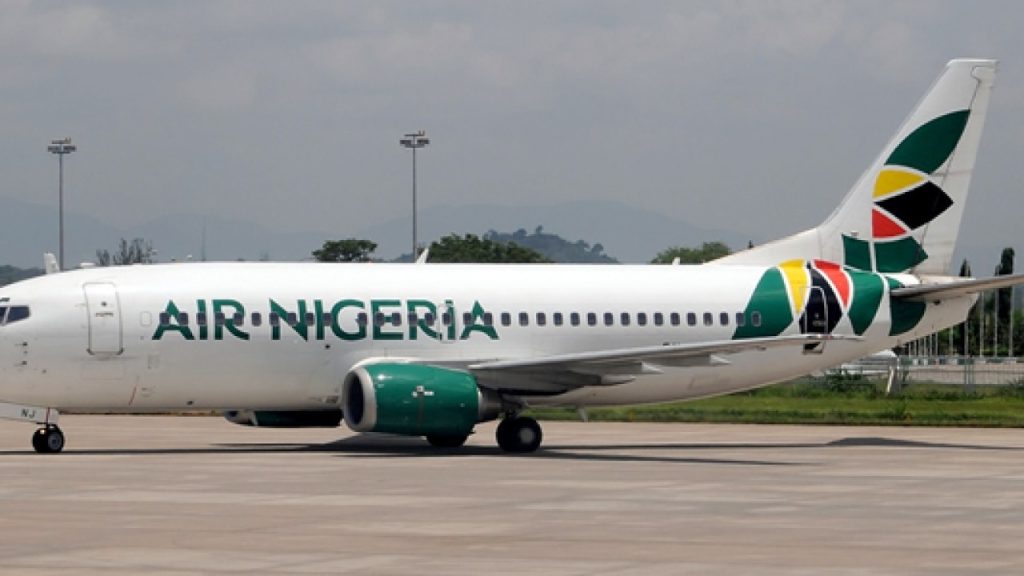The administration of President Bola Ahmed Tinubu has indefinitely suspended the Nigeria Air project, mere months after its launch.
Festus Keyamo, the Minister of Aviation and Aerospace Development, revealed the suspension on Monday, pointing to numerous instances of secrecy and fraudulent activities that tainted the project.
This national carrier, initially envisioned as an indigenous endeavour to instil optimism among Nigerians, has been mired in controversy since its inception.
Former Aviation Minister Hadi Sirika, currently under investigation by the Economic and Financial Crimes Commission (EFCC) for alleged fraud, rolled out the airline shortly before the conclusion of ex-President Muhammadu Buhari’s tenure.
Tensions escalated when reports surfaced that a plane from Ethiopian Airlines had been repurposed and presented as Nigeria’s flagship carrier. This episode prompted Girma Wake, a seasoned aviator, to resign as Chairman of Ethiopian Airlines.
Capt Dapo Olumide, then Interim Managing Director of Nigeria Air, clarified that the aircraft utilised for the unveiling was legitimately chartered from Ethiopian Airlines and returned following the ceremony on the final day of Buhari’s administration in May.
The launch of Nigeria Air drew condemnation from both the Senate and House of Representatives Committees on Aviation, branding it as fraudulent.
Keyamo reiterated on Monday that the national carrier project, meant to be a symbol of national pride and aspiration, was deeply flawed due to secrecy and fraudulent activities, warranting its indefinite suspension.
He stated, “It was never Air Nigeria. It was Ethiopian trying to flag our flag and not Air Nigeria. That is the truth; it was not Nigeria.
“It only printed Air Nigeria. It was an Ethiopian airline trying to fly our flag. If it is so, why not allow our local people to fly our flag? Why bring a foreigner to fly our flag?
“So nobody should deceive you that it is Air Nigeria. Air Nigeria must be indigenous, wholly Nigerian, or must be for the full benefit of Nigerians. Not that 60 percent of the profit is given to another country. How does that benefit us? It remains suspended. It remains so.”
Keyamo elaborated on steps taken to bolster economic growth in the aviation sector, highlighting the resumption of cargo flights between Nigeria and Saudi Arabia. He underscored the significance of air cargo trade, estimated at $6 trillion annually, and the need for Nigeria to seize opportunities within this sector.
Addressing other concerns, Keyamo assured that issues surrounding the second runway at Abuja’s Nnamdi Azikiwe International Airport were swiftly addressed upon his appointment, promising improved airport capacity and operational efficiency.
He also announced the clearance of trapped funds belonging to foreign airlines, achieved through collaboration with financial institutions and ministries, averting the threat of these airlines halting operations in Nigeria.
Under his leadership, efforts have been directed towards supporting local airlines to capitalise on reciprocal rights under bilateral air service agreements (BASA) with various countries.
Keyamo further detailed the commencement of open sky operations with the United States, enabling unrestricted flights, deployment of diverse aircraft on designated routes, and multiple entry points for Nigeria.

